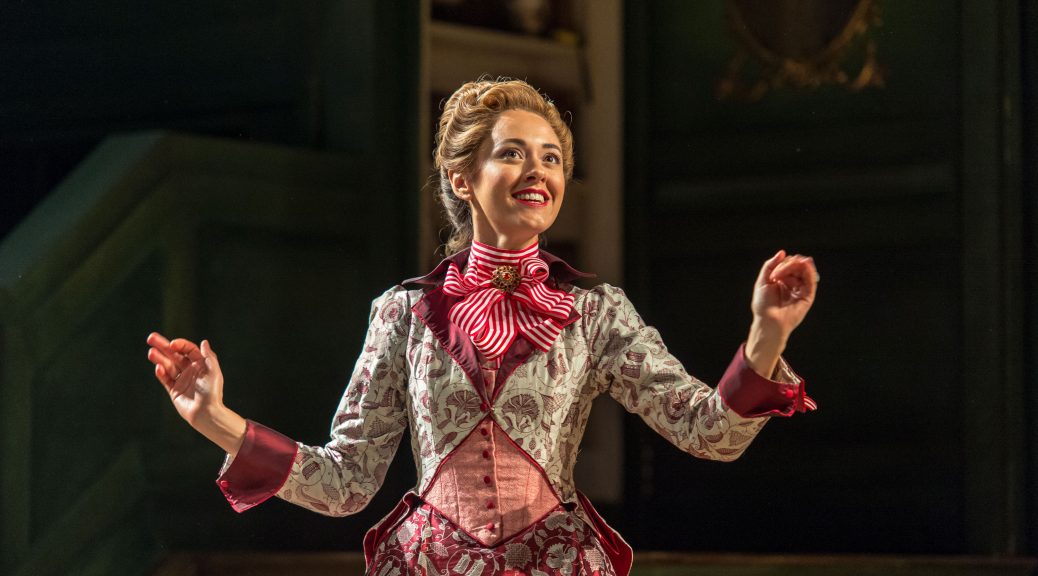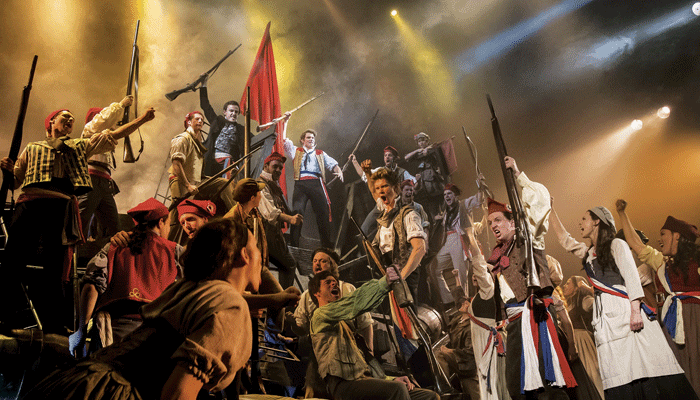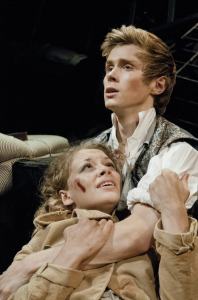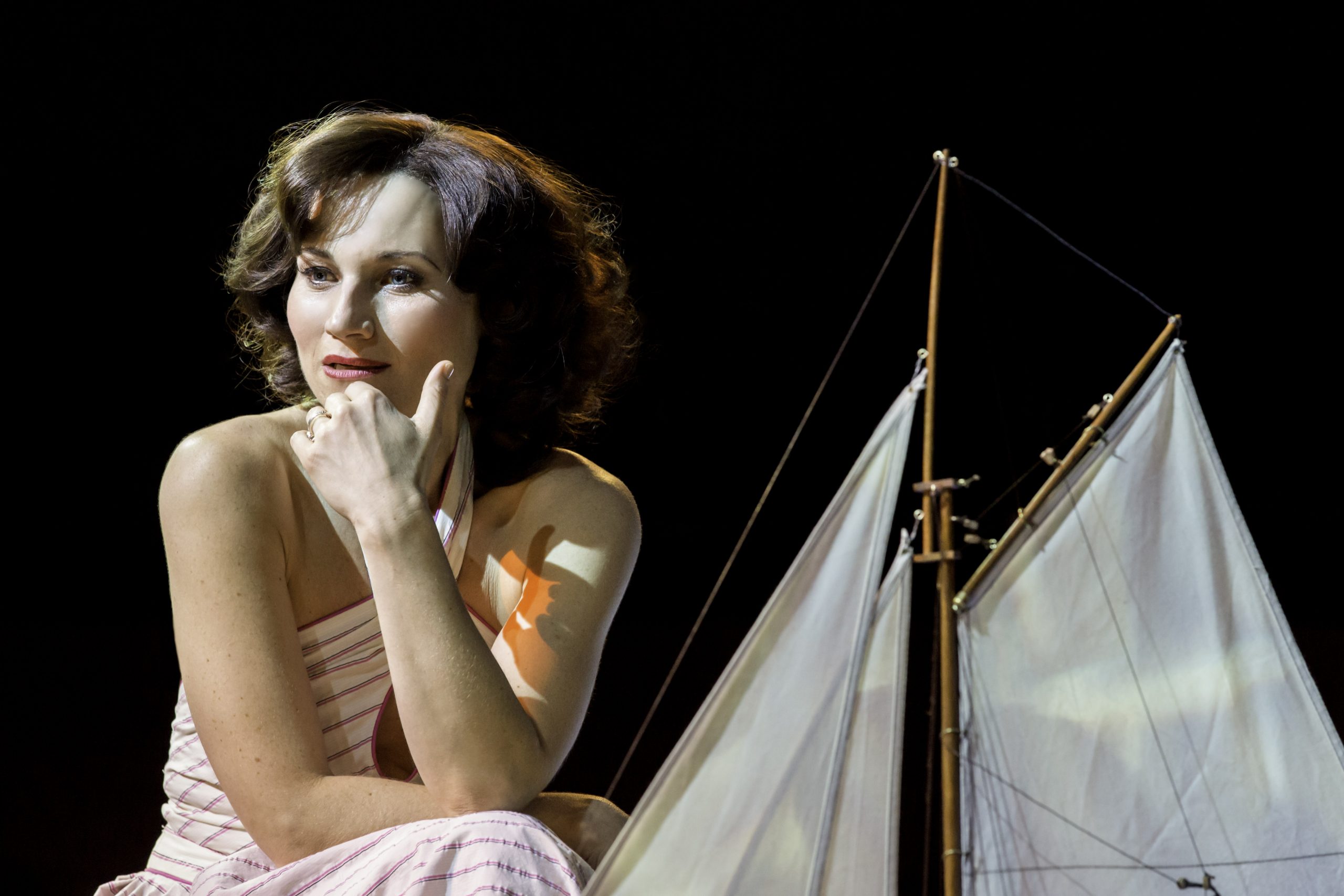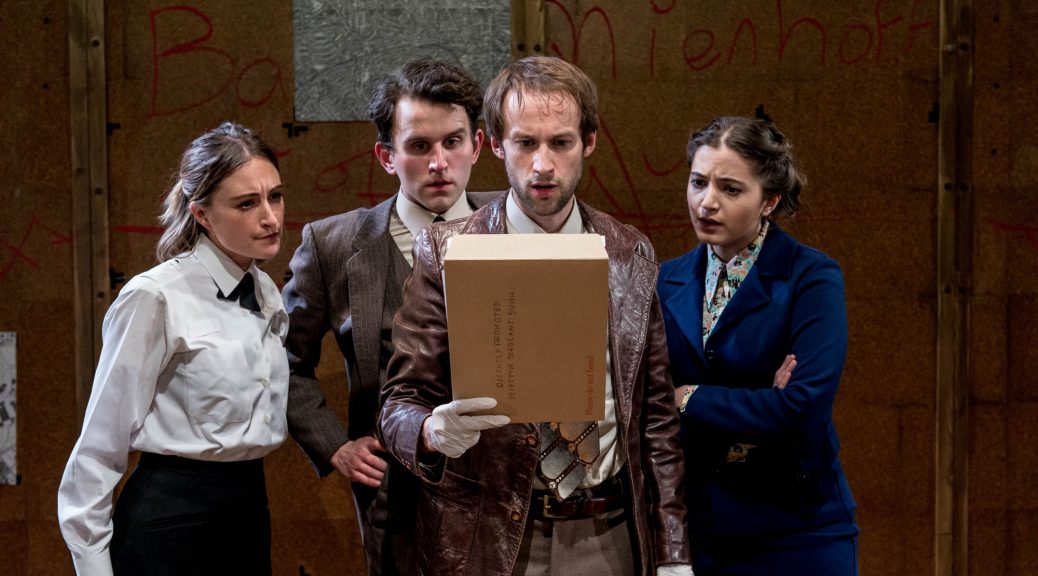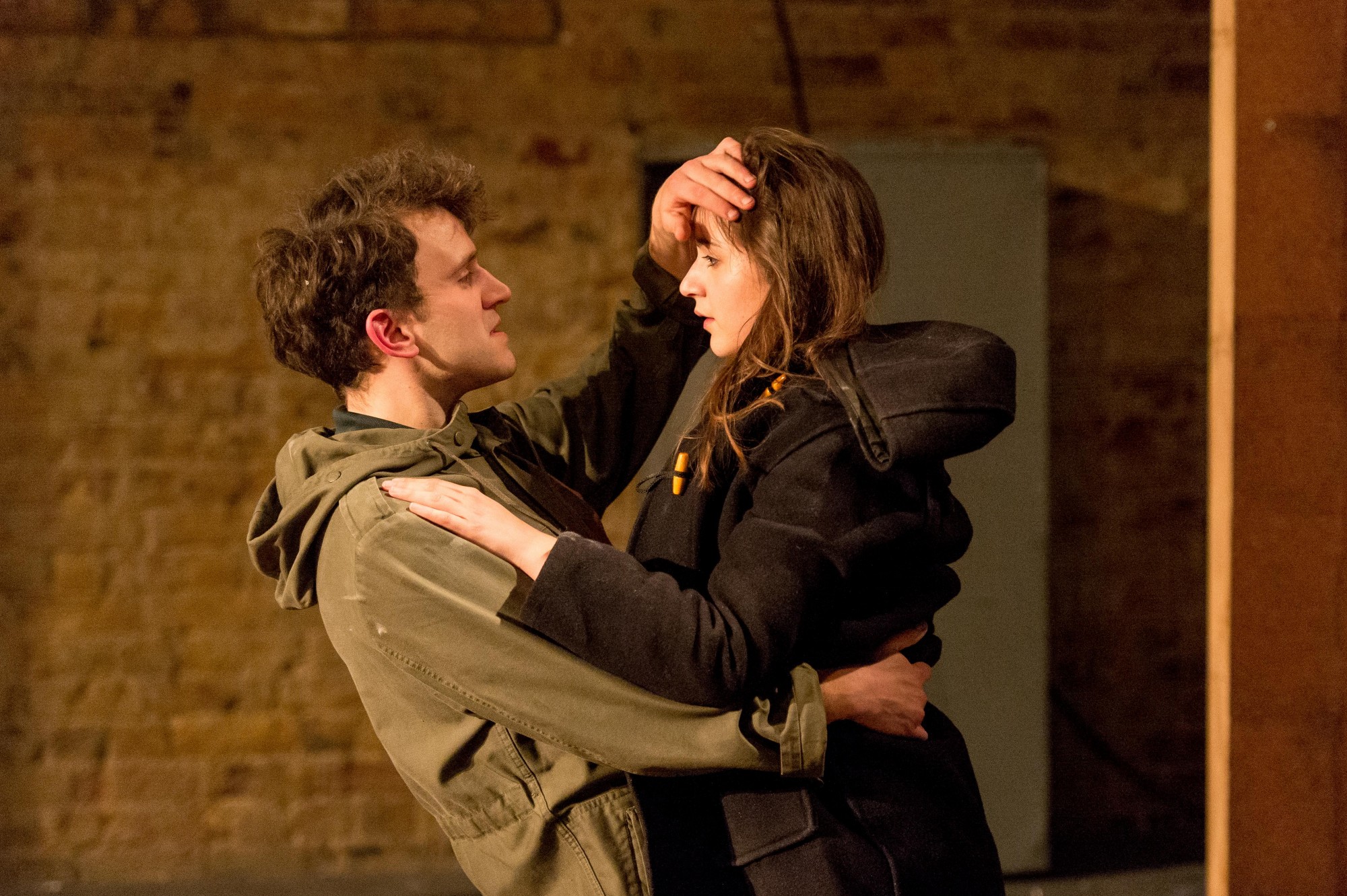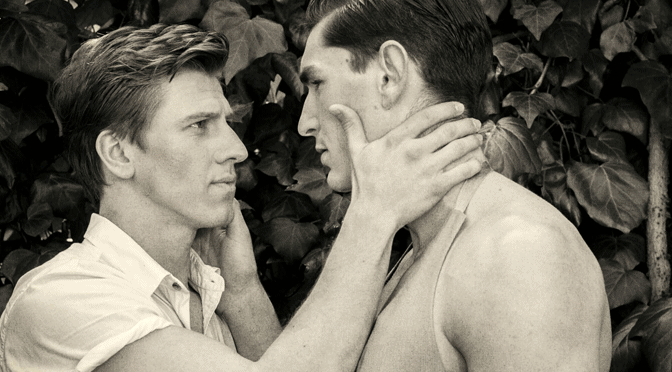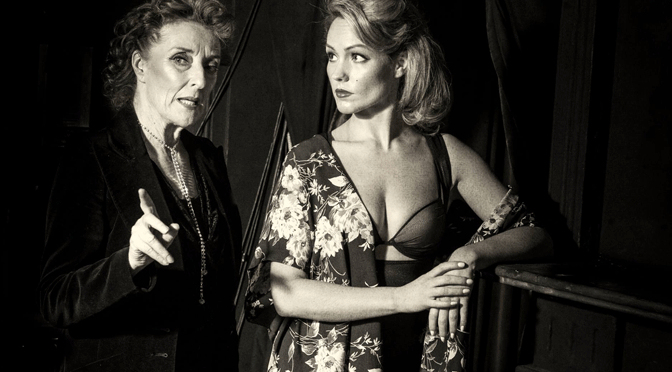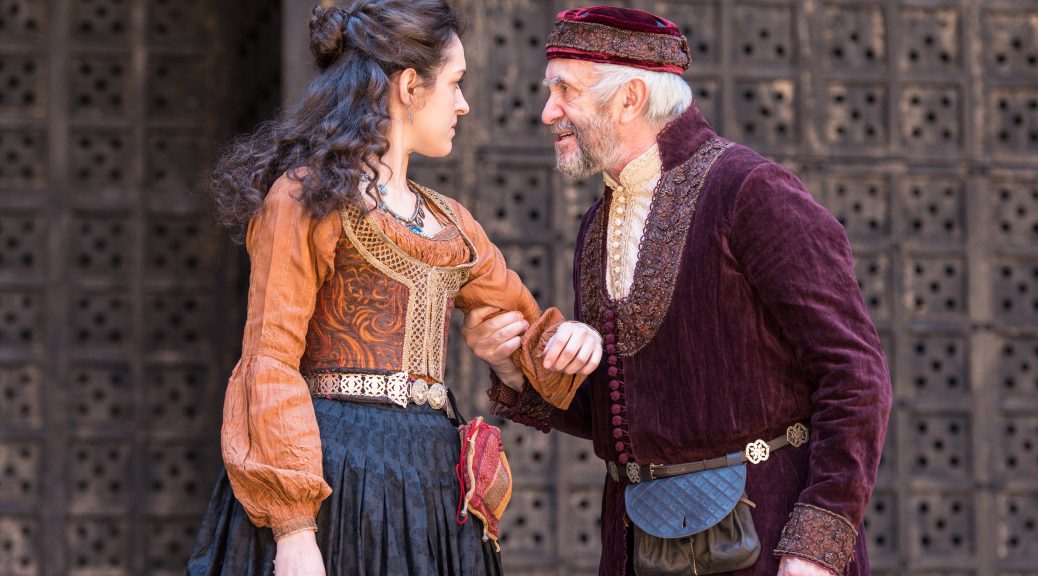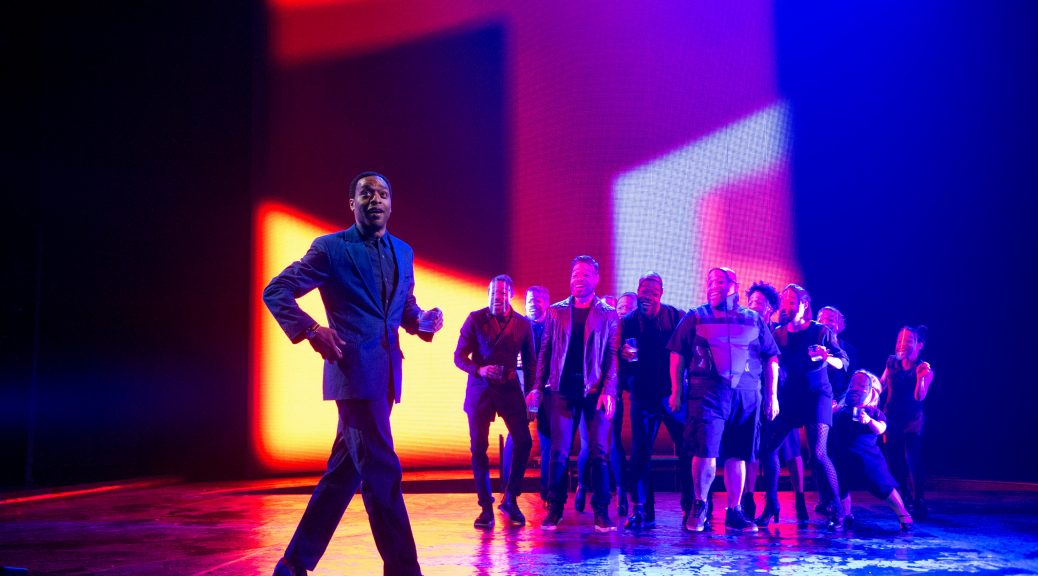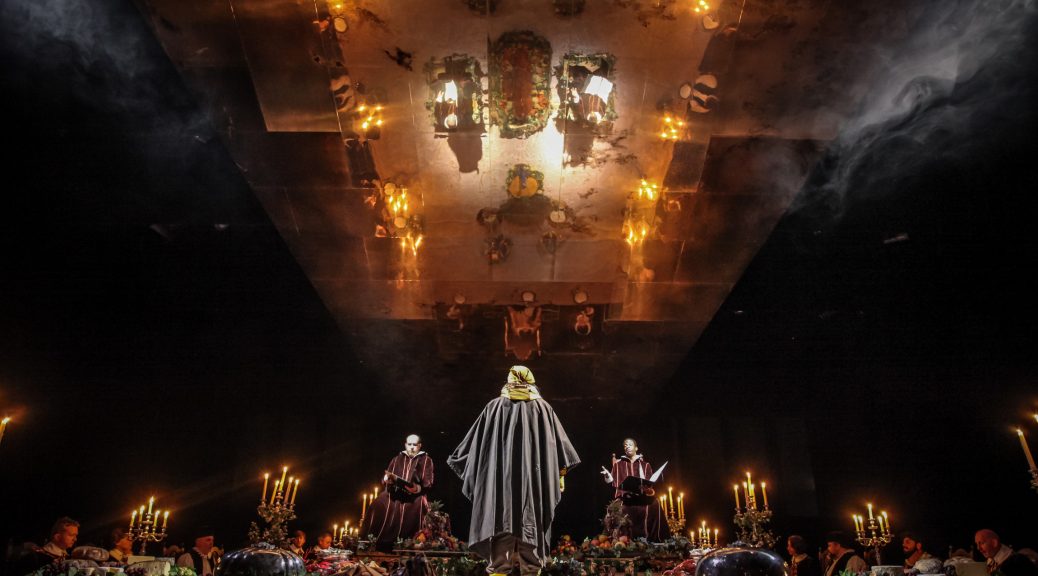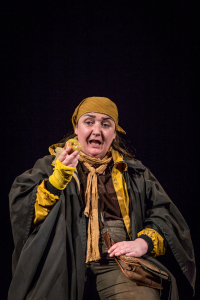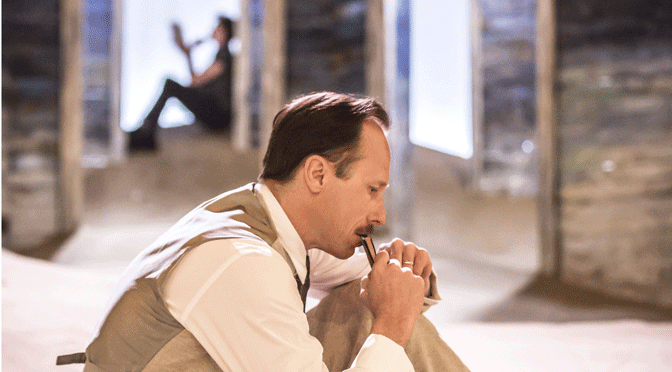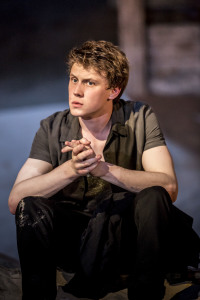A Restoration comedy of love and manners, so steeped in cynicism that its heroes plot to marry for money, George Farquhar’s classic is a snapshot of 18th-century society that brims with life and adventure. Replete with desperate gentlemen, crooked innkeepers and comedy highwaymen, Simon Godwin’s revival feels credible and fresh.
Samuel Barnett and Geoffrey Streatfeild make appealing leads as Aimwell and Archer – the “marksmen” out to hunt rich women. Pippa Bennett-Warner and Susannah Fielding are similarly engaging as their love interests. Fielding carries the part of the miserably married Mrs Sullen well – tricky in a production that seems extravagantly enamoured of her. Mrs Sullen is pivotal, yes, and Fielding embodies her with sense and sensuality, but the production halts, shouting “This is important” so loudly that it becomes patronising.
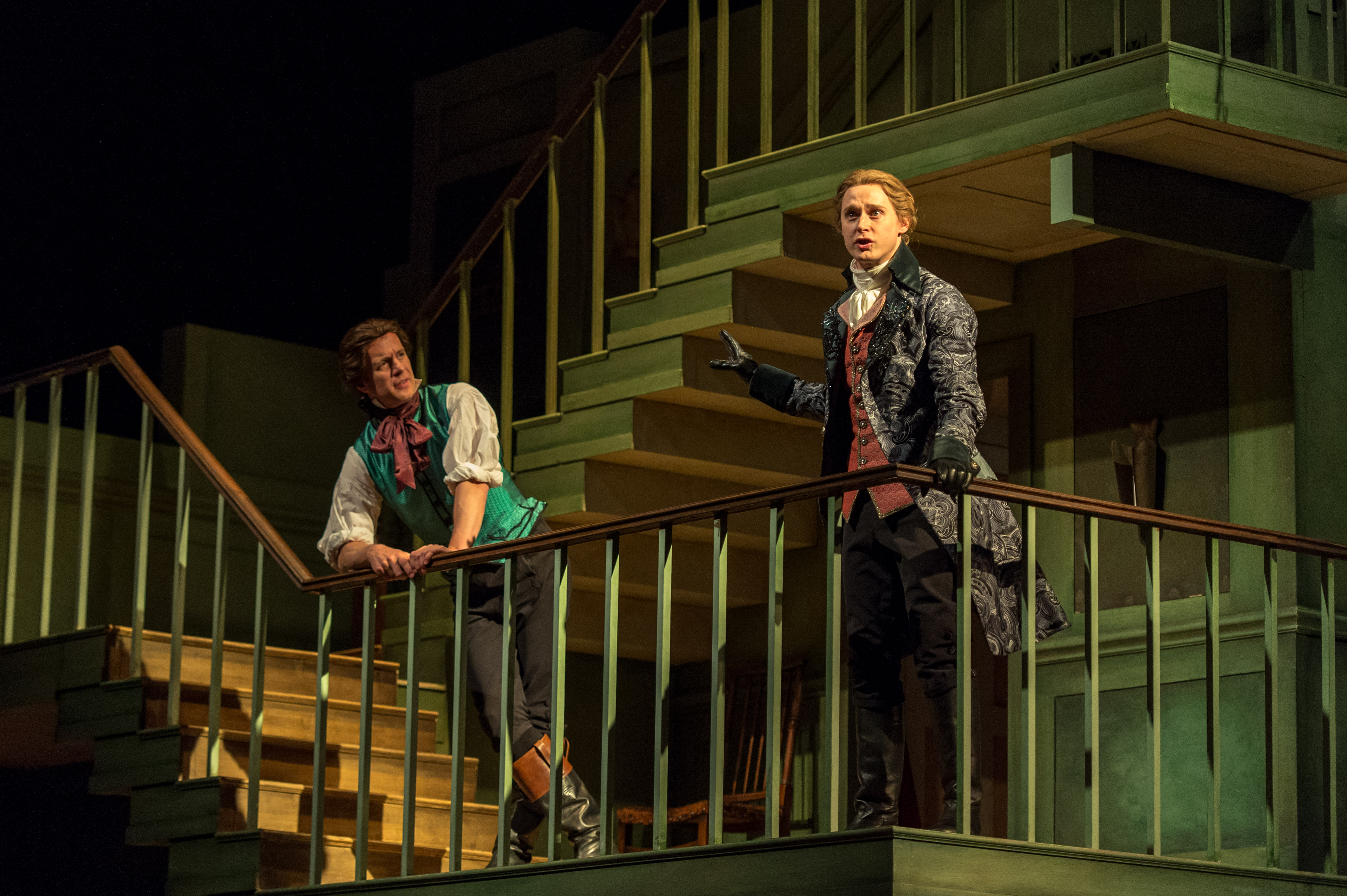
There are some great insults in The Beaux’ Strategem: I look forward to being able to use “prostrate engineer”. And Farquhar’s similes are superb, describing marriage as “two carcasses joined unnaturally together”. The cast, along with music, provide nice comic touches, but Godwin blunts the play’s momentum: smaller parts aren’t tamed enough and the initially impressive set by Lizzie Clachan becomes cumbersome.
There’s a great swashbuckling fight where we see how Archer “fights, loves, and banters, all in a breath” and for a moment the show lifts off. But we’re back to down to earth, with added sentimentality, as our heroes become disarmed by love. Maybe it’s Godwin’s ponderous build-up to these unexpected changes of heart that has slowed things down? If there is a strategy here, it has failed. The whole show feels too… thorough. That should be praise, but a lack of spirit and spontaneity means that the production just isn’t funny enough.
Until 20 September 2015
Photos by Manuel Harlan

